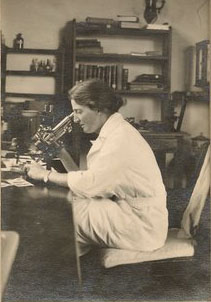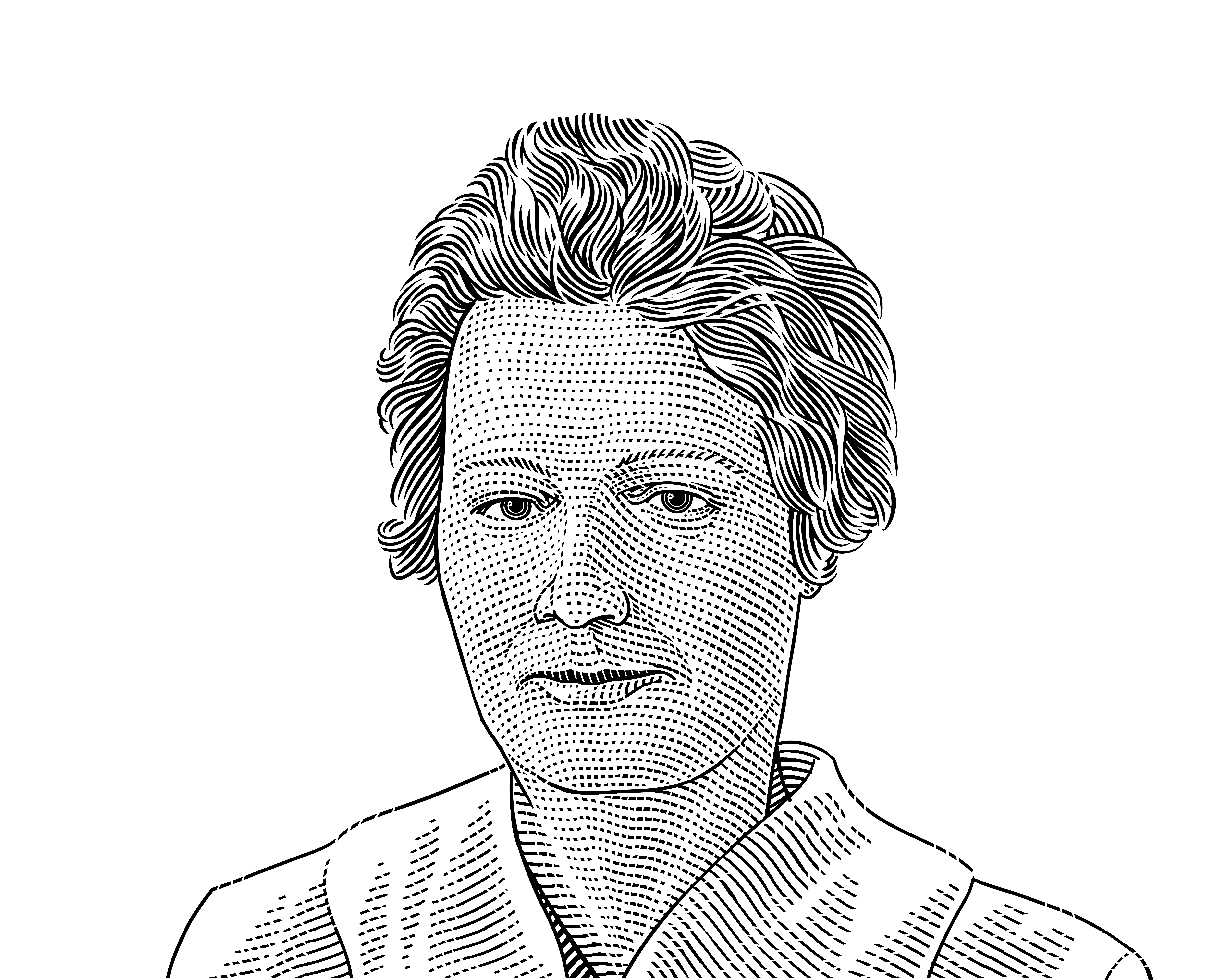Today marks the 28th installment in a series of articles by HumanProgress.org titled, Heroes of Progress. This bi-weekly column provides a short introduction to heroes who have made an extraordinary contribution to the well-being of humanity. You can find the 27th part of this series here.
This week our hero is Lucy Wills, the hematologist who discovered that folic acid can be used to prevent life-threatening types of anemia – a condition in which a person lacks enough healthy red blood cells to carry adequate oxygen to his or her body’s tissues – in pregnant women. Wills’ research into women’s health during pregnancy has saved countless lives and changed prenatal care for the better. Today folic acid is recommended for all pregnant women to help protect the mother from illness and assist in the healthy development of the baby.
Lucy Wills was born on May 10, 1888 in Sutton Coldfield, a town on the outskirts of Birmingham, England. Her father was a science graduate, and her mother was the daughter of a well-known doctor. As such, Wills received a strong scientific education from an early age. In 1903, Wills attended Cheltenham School, one of the first British boarding schools to train female students in science and mathematics. Four years later, in 1907, Wills began studying natural sciences and botany at Newnham College, an all-women’s college at the University of Cambridge. Wills finished her university examinations in 1911. However, as a woman, she was ineligible to receive a Cambridge degree. (That university did not grant women degrees until 1947).
In 1915, Wills enrolled at the London School of Medicine for Women, the first school in Britain to train female doctors. By 1920, she had become a legally qualified medical practitioner, achieving the qualifications of Licentiate of the Royal College of Physicians London, Bachelor of Medicine and Bachelor of Surgery. After graduation, Wills taught and researched in the department of pregnant pathology at the Royal Free Teaching Hospital in London.
In 1928, Wills was recruited to work in Mumbai, India. Her task was to investigate why millions of pregnant women in the developing world suffered from a severe and often deadly form of anemia. Wills found that the red blood cells of the anemic pregnant women were extremely swollen and were therefore not carrying enough haemoglobin – a red protein responsible for transporting oxygen in the blood of vertebrates.
At first, Wills hypothesized that the anemia may have been caused by a bacteria or virus, but after studying the women’s living conditions and work-space, no harmful pathogens were found. Wills soon realized that richer women in India, who often had a far more nutritious diet, were significantly less likely to become anemic during pregnancy. This led Wills to wonder whether a nutritional deficiency could be the cause of the anemia.
Wills decided to feed rhesus monkeys in a laboratory with a diet based on that eaten by the anemic women. Many of the monkeys studied came down with anemia. At first Wills found that liver extract, which had previously been found to be effective in treating a different form of anemia – the so-called Addisonian anemia – was also effective in the treatment of the type of anemia that Wills was researching.
However, Wills also discovered that a much higher dose of the liver extract was needed to combat the anemia in the pregnant monkeys. Since liver extract was expensive at that time, Wills knew that the extract could not become an effective treatment for the poorer anemic women.
A breakthrough came when Wills discovered that anemia could be treated with the addition of yeast extract in the monkeys’ diet. Wills found that Marmite, a cheap popular British breakfast spread made from concentrated brewer’s yeast, was extremely successful in treating the anemic monkeys. Wills tested the effectiveness of Marmite and liver supplements on several pregnant anemic women and found that both the supplements worked. As liver was far more expensive than the cheap, commercially available Marmite, she treated several anemic women with Marmite alone.
Writing in the Asia-Pacific Journal, Wills noted that the improvement in pregnant women’s health “was amazing … [as] they experienced a quick return of appetite … and an increase in the red cell count by the fourth day.” Wills published her results in a 1931 edition of the British Medical Journal and even though she admitted that she didn’t know which compound in the Marmite and the liver extract was responsible for curing her patients.
Scientists from around the world dubbed the unknown compound as the “Wills Factor” and encouraged women everywhere to eat Marmite or liver extract during pregnancy. In 1941, the mysterious “Wills Factor” was isolated. Today we know it as folic acid.
Wills returned to London to work at the Royal Free Hospital as a full-time pathologist until her retirement in 1948. Wills spent her later years travelling extensively. She continued her research on nutrition and anemia in the developing world. After her death in April 1964, the British Medical Journal noted that the discovery of the “Wills factor in yeast extract … was one of the simple but great observations which are landmarks in the history and treatment of the nutritional anemias.”

Today, women everywhere are encouraged to consume folic acid to help ensure a healthy pregnancy. Since its discovery, folic acid has been found not only to prevent anemia in pregnant women, but it also greatly reduces the risk of severe birth defects known as neural tube defects that typically lead to permanent disability, damage to the skull or brain, and often early death.
By discovering a cure for anemia during pregnancy, Wills has prevented the suffering and potential deaths of millions of women, and their babies, around the world. Her discovery also prevents countless debilitating birth defects. For that reason, Lucy Wills is our 28th Hero of Progress.

